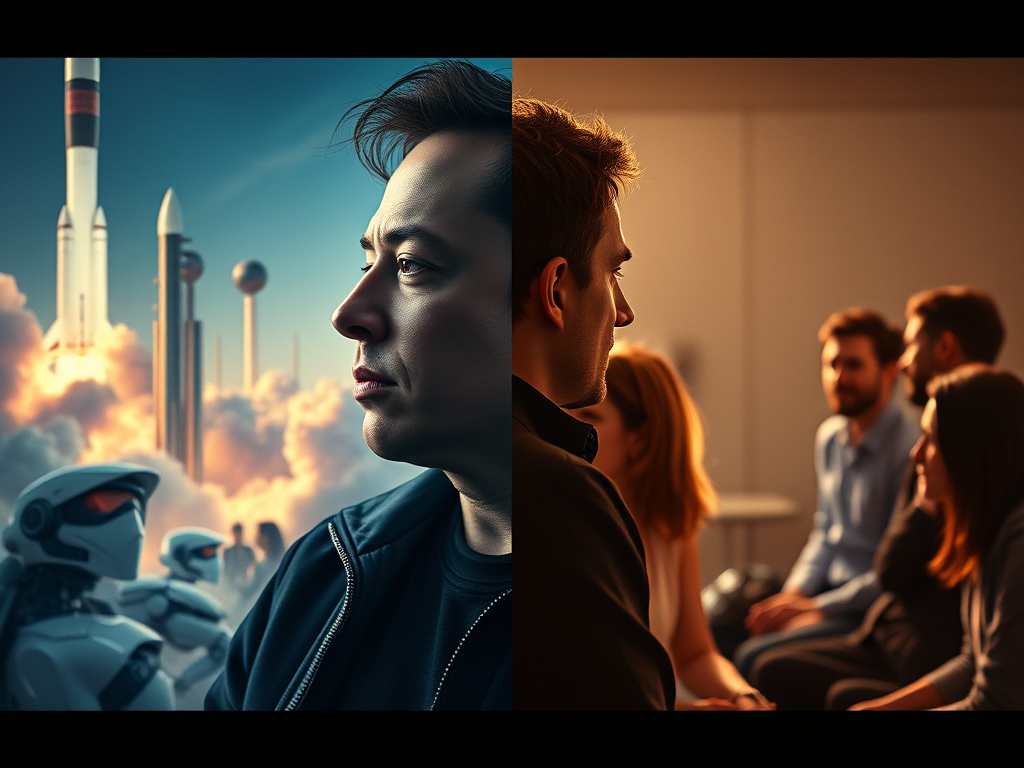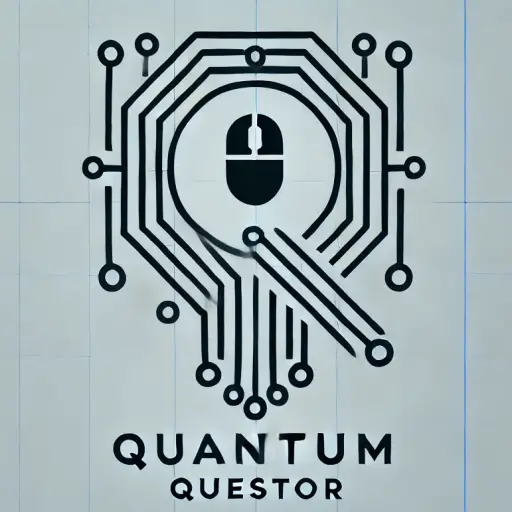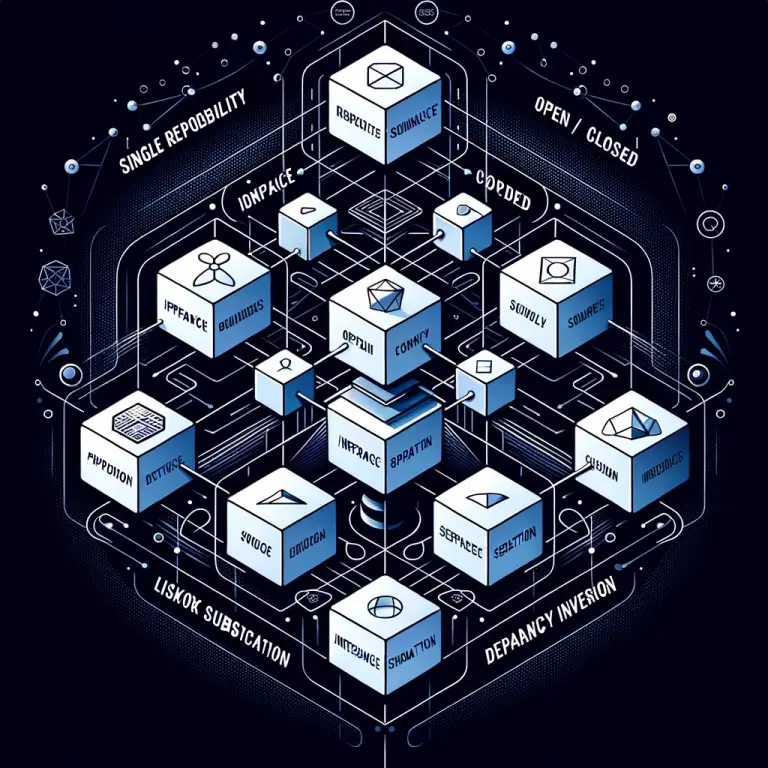
In an era defined by rapid technological change, public trust is increasingly placed in a small group of charismatic tech leaders. Chief among them is Elon Musk — the billionaire founder, meme-poster, and driving force behind Tesla, SpaceX, and a handful of other paradigm-shifting ventures.
I’ve previously written about Musk’s influence and questioned whether his sometimes erratic or abrasive behavior masked a deeper intent — perhaps a hidden mission to save humanity in the only way he knows how. But over time, and with fresh comparisons emerging, I’ve begun to question whether someone like Sam Altman might offer a better path forward.
Where Musk charges ahead with brute force, Altman appears to lead with something increasingly rare in tech: empathy.
The Myth of the Lone Genius
Elon Musk’s appeal is rooted in action. He moves fast, breaks rules, and dreams of Mars. He embodies the Silicon Valley archetype of the “disruptor” — someone willing to defy convention for the sake of progress.
To many, this is refreshing. He challenges slow-moving institutions and dares to imagine a future where humanity survives extinction-level threats. But as time has gone on, that vision has revealed its cracks. It’s a future for those who can keep up, or for those who can afford a seat on the rocket. There’s little room in Musk’s worldview for vulnerability, nuance, or community.
While it’s tempting to admire his courage and conviction, his style raises a hard question: are we building a future that actually includes everyone?
Is There a Hidden Heart?
When I first wrote about Musk, I considered the idea that his harshness might be a kind of misunderstood stoicism — that his plans to colonize Mars, develop AI, or connect our brains to machines were actually ways of protecting humanity. A strange, utilitarian love.
But recent years have made it harder to hold on to that view. Whether it’s how he treats his employees, engages with critics, or discusses social issues, Musk increasingly feels detached from the human impact of his actions. His vision is survivalist, but not necessarily inclusive. It’s built for resilience, but not for belonging.
Enter Sam Altman
Sam Altman, by contrast, operates with a quieter energy. As the CEO of OpenAI, he leads one of the most consequential organizations in the world — one that could define the role of artificial intelligence for decades to come.
Unlike Musk, Altman seems to take moral responsibility seriously. He’s spoken extensively about the risks of AGI and the need for slow, careful deployment. He’s supported the idea of universal basic income and has expressed a belief that AI should benefit all of humanity, not just a privileged few.
Altman is also openly gay, and though he keeps his personal life private, his lived experience brings a layer of perspective that is often missing in the upper tiers of tech leadership. He seems to understand what it means to move through systems not built for you — and that empathy appears to inform his approach.
While critics rightly point to the commercialization of OpenAI as a cause for concern, it’s clear that Altman continues to wrestle with the consequences of the systems he’s helping to shape. He is not without flaws, but he is at least asking the right questions.
Choosing a Different Future
What we need now is not more noise or disruption for disruption’s sake. We need leaders who understand that progress must include more than just technological achievement. We need those who know how to listen as well as invent, to reflect as well as act.
This is not about turning one man into a hero and the other into a villain. It’s about choosing the kind of leadership we want to guide us through one of the most transformative periods in human history.
The cult of Musk may never truly fade. But there is space now — and a growing hunger — for a different kind of icon. One who sees the value in careful stewardship, shared equity, and collective growth. Sam Altman may not shout the loudest, but maybe that’s what makes his voice worth hearing.
A Personal Reflection
I once gave Elon the benefit of the doubt, hopeful that there was more behind the chaos. Maybe there still is. But today, I find myself drawn to leaders who build with care. Not to dominate the future, but to serve it. Not to escape Earth, but to make it more livable for everyone.
If we want an evolution — not just of technology, but of society — maybe it’s time to shift our attention away from those who seek power, and toward those who seek responsibility.

